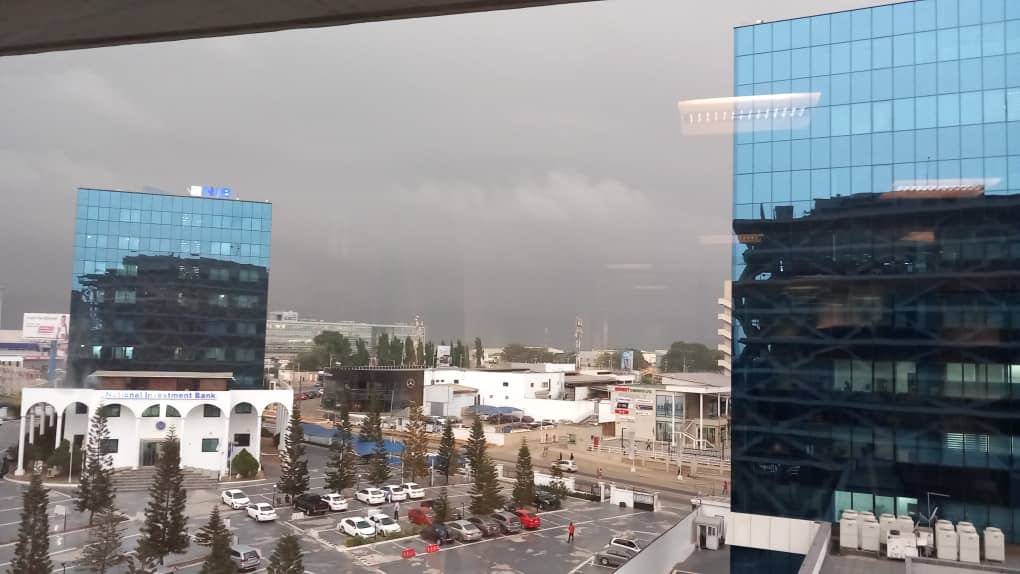
Accra ranks as top most polluted major city in global air pollution ranking
- By apentengcollins
- February 5, 2024

Accra, the vibrant capital of Ghana, has recently found itself in the spotlight for a distressing reason – it now holds the most polluted title as the world’s most polluted major city, according to the latest global air pollution ranking released by IQAir on February 4, 2024. This alarming revelation sheds light on the pressing issue of air quality in the city and raises urgent concerns about the well-being of its residents.
The Unsettling Data:
Accra’s Air Quality Index (AQI) currently stands at a staggering 371, catapulting it into the “hazardous” category. This designation indicates that the air in Accra is not only unhealthy but poses a significant risk to the health of its inhabitants. The index places Accra’s air quality almost twice as polluted as the second-ranked city, Delhi, India, which has an AQI of 196. The primary culprit identified in Accra’s air is PM2.5, with concentrations surpassing the World Health Organization’s annual air quality guideline by a startling 63.1 times.

While the latest rankings show a marginal improvement in global air quality compared to previous years, the harsh reality remains that 92% of the world’s population still breathes unhealthy air. This data underscores the ongoing struggle for clean air, particularly in developing regions. South Asia, in particular, continues to face challenges, with Bangladesh maintaining its status as the most polluted country, exceeding WHO guidelines by over five times.
Amidst the disconcerting news, there is a faint silver lining in the forecast for Accra. The data suggests a potential improvement in air quality over the next few days, with the AQI expected to drop to a “moderate” category, reaching 73 by Saturday, February 10, 2024. While this offers a glimmer of hope, it also emphasizes the need for immediate and sustained efforts to combat air pollution in the city.
To address the root causes of Accra’s alarming air quality, it’s essential to understand the major contributors. Approximately 39% of PM2.5 concentrations in Accra stem from road transport, a consequence of inadequate public transport infrastructure. The prevalent use of privately-owned minibuses, known as trotros, contributes significantly to this pollution. Other contributors include private vehicles, industries, manufacturing (11%), automobile spraying, carpentry, household heating (10%), waste generation (5%), and seasonal harmattan dust (5%).
As Accra grapples with this air quality crisis, residents must take proactive measures to protect themselves. The World Health Organization (WHO) provides guidelines to mitigate the impact of air pollution, including limiting outdoor activities during peak pollution hours, using N95 or KN95 masks, sealing leaks around windows and doors, investing in air purifiers with HEPA filters, and improving indoor air quality through increased ventilation and the use of air-cleaning plants.
Accra’s most polluted title as the world’s most polluted major city underscores the critical need for immediate action to address air quality issues. Stakeholders at local, national, and international levels must collaborate to implement sustainable solutions, focusing on reducing emissions from transportation, industries, and other major contributors. The health and well-being of Accra’s residents depend on concerted efforts to transform the city’s air quality and ensure a healthier and more sustainable future.
Connect with us on Instagram